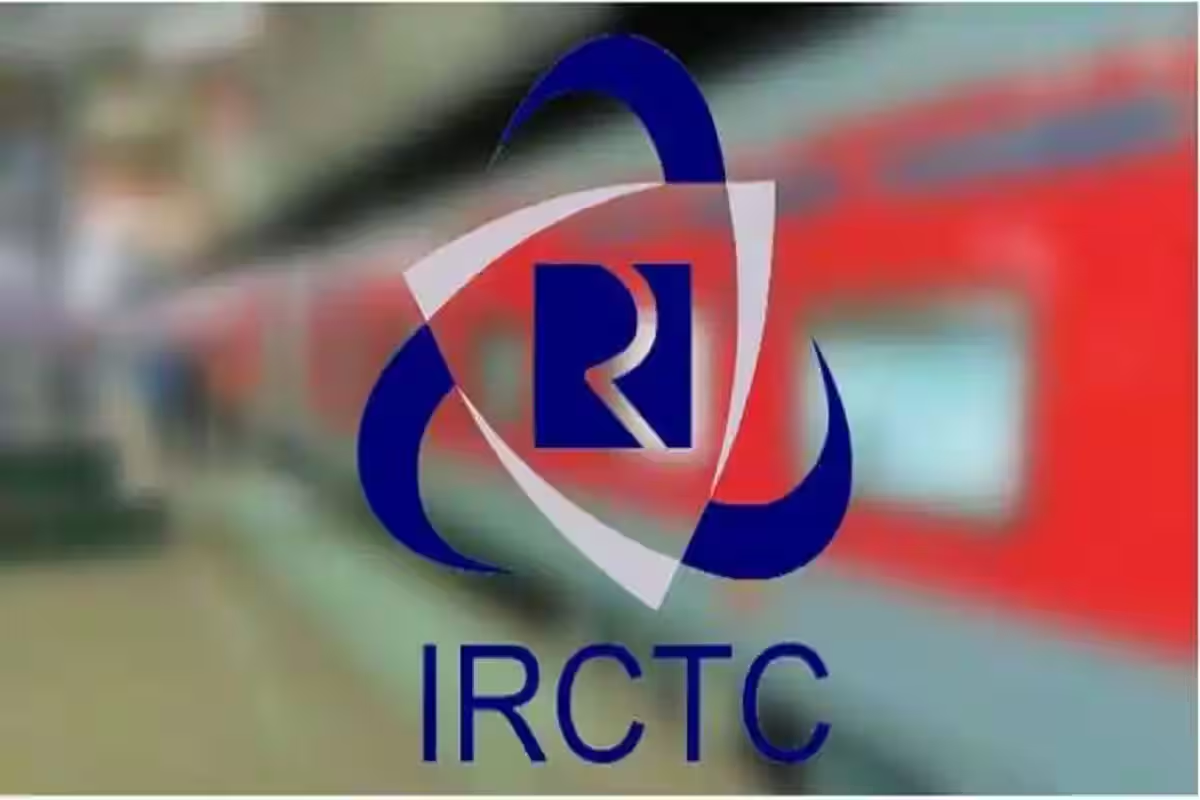IRCTC Booking Service Down Chaos at Tatkal Hours
In a year marked by rising expectations for digital efficiency, the Indian Railway Catering and Tourism Corporation (IRCTC) app and website suffered a major technical malfunction on Thursday, leaving countless passengers stranded and stranded during peak Tatkal booking hours. The glitch occurred at a crucial time for those attempting to secure train tickets, particularly under the highly sought-after Tatkal scheme. A widespread error message, “Due to maintenance activities, E-Ticketing service will not be available,” appeared, causing significant disruptions to travel plans.
Tatkal booking hours, typically intense with high demand, saw a complete halt in services, frustrating passengers who rely on this rapid booking method for last-minute travel plans. The sudden crash highlighted the vulnerability of the digital infrastructure powering one of India’s most heavily used public services. Many users found themselves unable to complete transactions or access essential booking features, exacerbating the travel woes during one of the busiest periods in railway reservations.
The timing of this glitch couldn’t have been worse for the thousands of passengers hoping to make last-minute travel arrangements. With a surge in online bookings over the last few years, particularly as people increasingly shift to digital platforms for convenience, the frequency of such technical failures raises concerns over the reliability of critical digital services in India. In recent months, Indian Railways has seen an increase in the number of passengers opting for e-ticketing over traditional counter bookings, which has only intensified demand on the system.
As rail travel continues to be an essential mode of transportation for millions across the country, the need for robust and reliable digital platforms becomes more urgent. The IRCTC app and website have become indispensable tools for a vast majority of passengers, making the recent glitch particularly disruptive. Passengers who rely on the system for urgent bookings, especially during holidays or festive seasons, were left in limbo, scrambling for alternate methods of booking their travel tickets.
From a sustainability perspective, such technological disruptions also highlight the need for India’s digital infrastructure to evolve. The growing dependency on digital services in India has resulted in millions of users who now expect real-time efficiency and seamless connectivity. With India being the world’s second-largest mobile phone market, the demand for smoother online booking experiences only continues to rise. However, as the digital infrastructure in the country expands, it is imperative to ensure that critical services such as IRCTC are equipped with systems that can withstand the pressures of large-scale usage.
The future of Indian digital services hinges on their ability to adapt and scale up in a sustainable way. Ensuring that online services are capable of handling high demand without crashing will require improved technological frameworks and investments in cybersecurity. Additionally, there is a pressing need for contingency systems to prevent widespread disruptions, especially for essential public services like railway ticketing.
The IRCTC glitch incident sheds light on the growing pains of India’s digital transformation journey. As more services move online, ensuring their stability and reliability is paramount for maintaining trust and meeting consumer expectations. Moving forward, the Indian government and digital service providers must prioritise investments in infrastructure upgrades to mitigate the risk of similar disruptions in the future. Failure to do so could lead to a deterioration in the user experience and a greater loss of trust in digital services, particularly as millions of Indian passengers rely on them daily.
In conclusion, while this IRCTC glitch was a temporary inconvenience, it underscores the need for continued investment in digital infrastructure, particularly in public services that impact millions of citizens daily. Ensuring smoother, uninterrupted services will not only enhance the user experience but also bolster the long-term sustainability of India’s digital economy.


